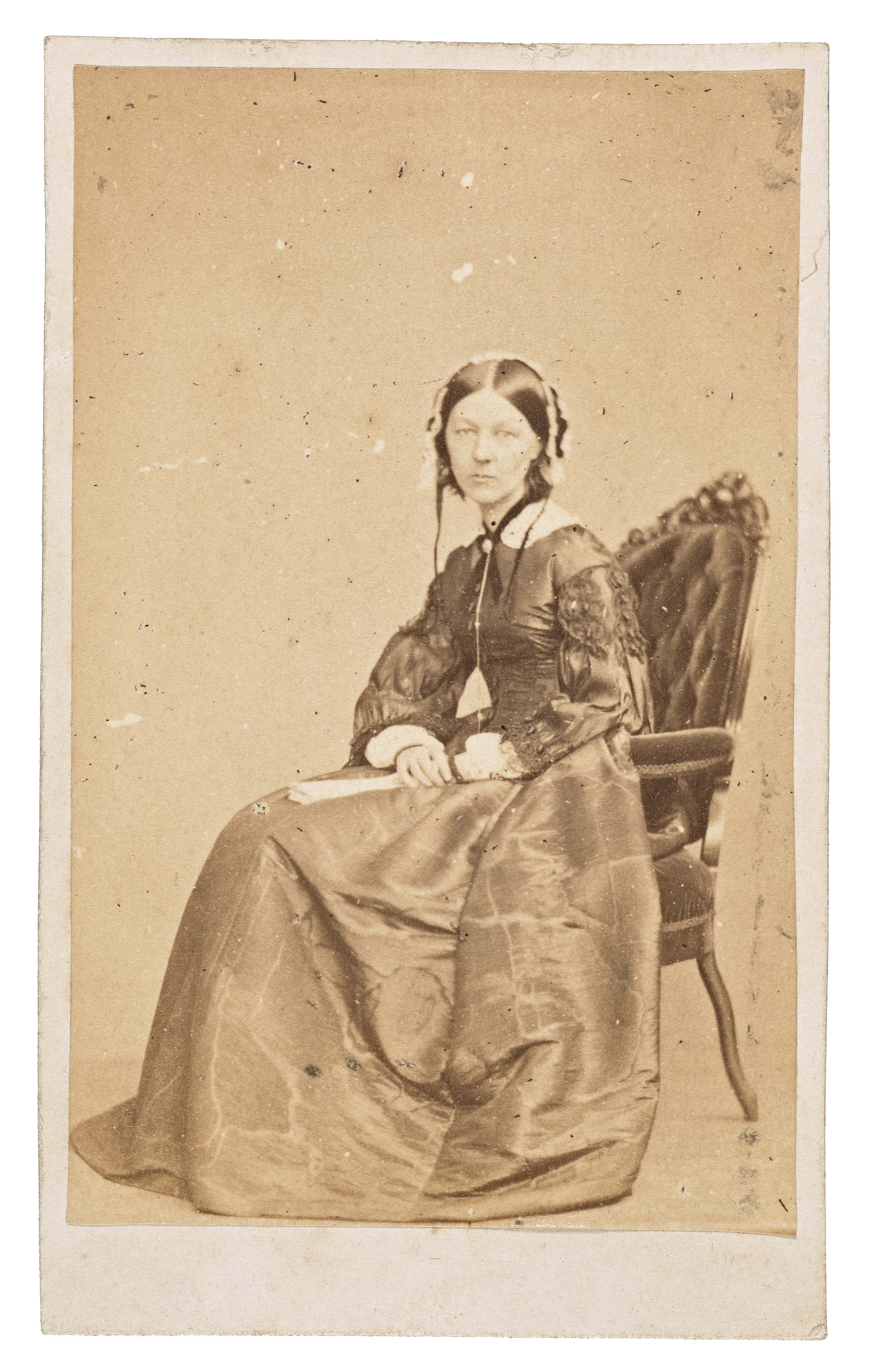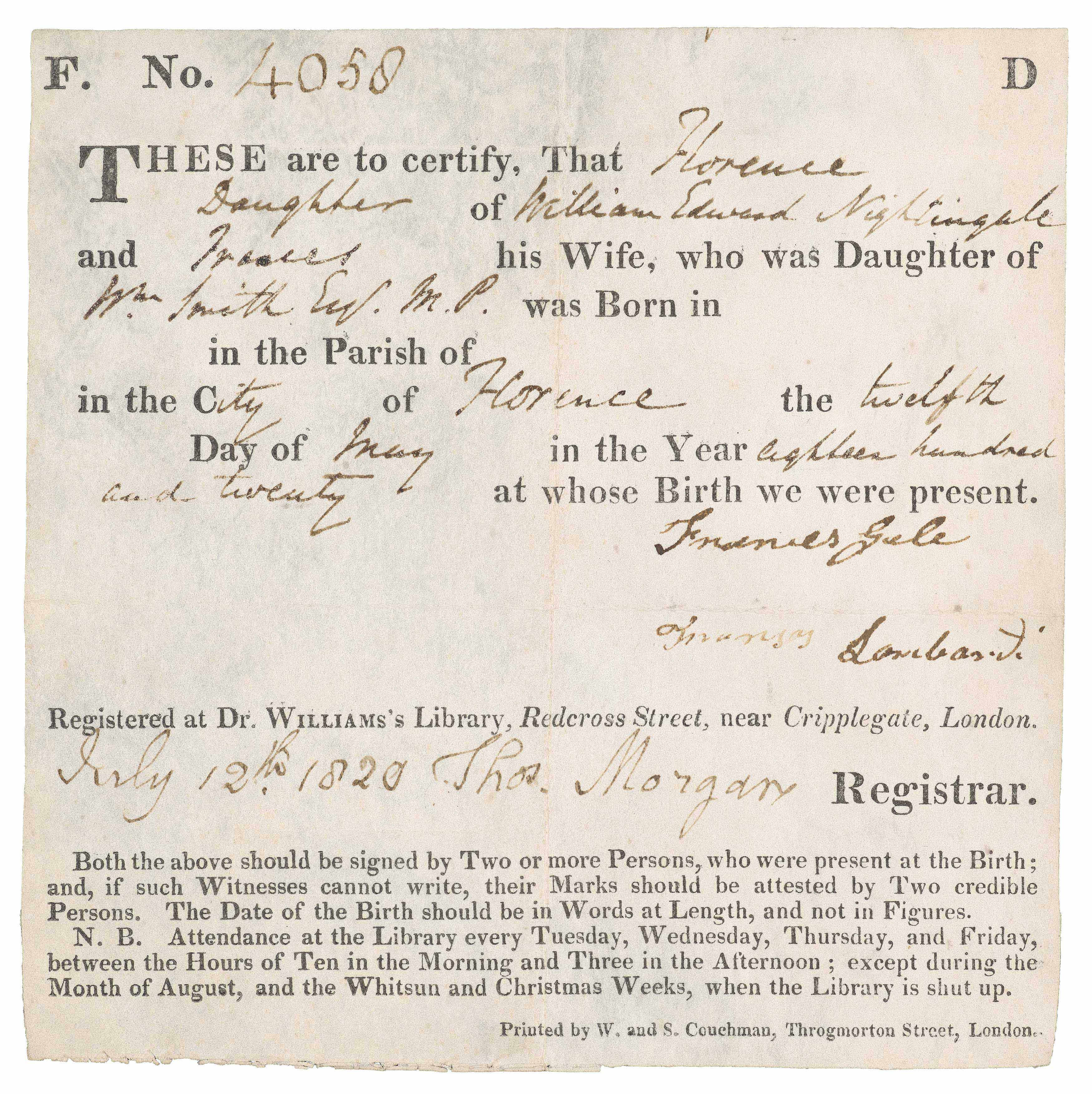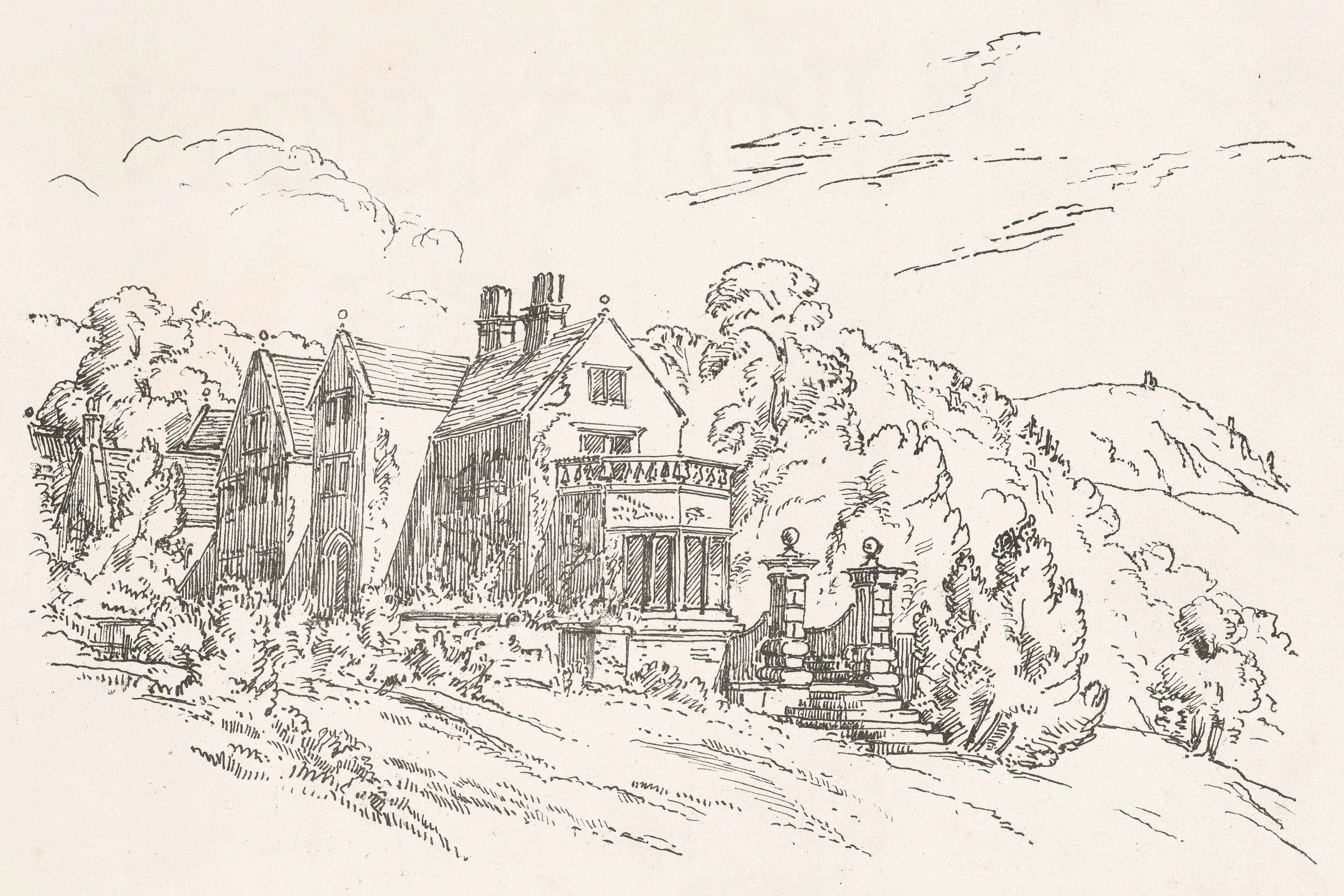The University of Nottingham is to celebrate International Nurses Day on 12 May with the digital launch of a new exhibition marking 200 years since the birth of the world's most famous nurse, Florence Nightingale.
Florence Nightingale Comes Home has been curated by experts at the University including its Manuscripts and Special Collections team, Professor Paul Crawford from its School of Health Sciences and Dr Anna Greenwood in the School of History.
The exhibition, which is funded by the Arts and Humanities Research Council, was intended to be shown in the Weston Gallery at Lakeside Arts in April. However, the team moved quickly to respond to the disappointment of the postponement of the physical exhibition due to the COVID-19 outbreak by adapting the collection to be shown digitally.

Professor Crawford, who leads the research project funded by the Arts and Humanities Research Council, said: "We are pleased to be able to launch this digital exhibition to mark what would have been 200 years since Nightingale's birth. The online exhibition is intended to act as a taster for the physical exhibition, which will hopefully be shown at Lakeside Arts at some point later this year.
"Never has the message about the importance of nurses been as pertinent as it is now. Florence Nightingale was a trailblazer for modern medicine and much of what she achieved is still represented in our hardworking NHS nurses today.
"Whilst the current pandemic has meant a delay to our planned exhibition, we still wanted to shine a light on the 'Lady with the Lamp' and give the public a glimpse into her fascinating life, which will hopefully provide some welcome relief in these difficult times. In particular, we want to draw attention to the place of the home in her life and work – something that will resonate with the millions of people who have faced social lockdown over recent months."

Visitors keen to get a sneak peak of the full exhibition, will be able to visit the website and find:
- An introduction to Nightingale and the exhibition, her family roots in Derbyshire, and 'health at home' – her work after the Crimean War to improve living conditions with a focus on sanitation and hygiene).
- A gallery of Crimean War photographs
- A virtual 'turning the pages' version of a scrapbook of the Crimean War, compiled by Florence's sister Parthenope.
- A selection of images relating to Nightingale's life and work

Print of sketch of Lea Hurst, the Nightingale family home in Derbyshire, n.d. Verney/Claydon Estate Papers, From Verney 13/2. Claydon House Trust, an independent charitable trust which cares for the archives of the Nightingale and Verney families held at Claydon House, Buckinghamshire.
Credit: Claydon House Trust
Hayley Cotterill, Senior Archivist, Manuscripts and Special Collections at the University, said: "When Florence Nightingale returned from the Crimean War she was a national celebrity. An engraving of her in the Illustrated London News in 1855 had made her instantly famous and already the classic images that we still associate with Nightingale today had been established – the Lady with the Lamp, and the Angel of the Crimea tending the wounded soldiers. But how far did this image reflect reality and what had led Florence to the war in the first place?
"We are delighted to bring you this new exhibition which explores the extent to which Nightingale was influenced by her family roots and upbringing in Derbyshire, her efforts during the Crimean War, and her subsequent work on improving sanitary conditions at home and in institutions such as hospitals."
The exhibition will be available from 12 May here.






